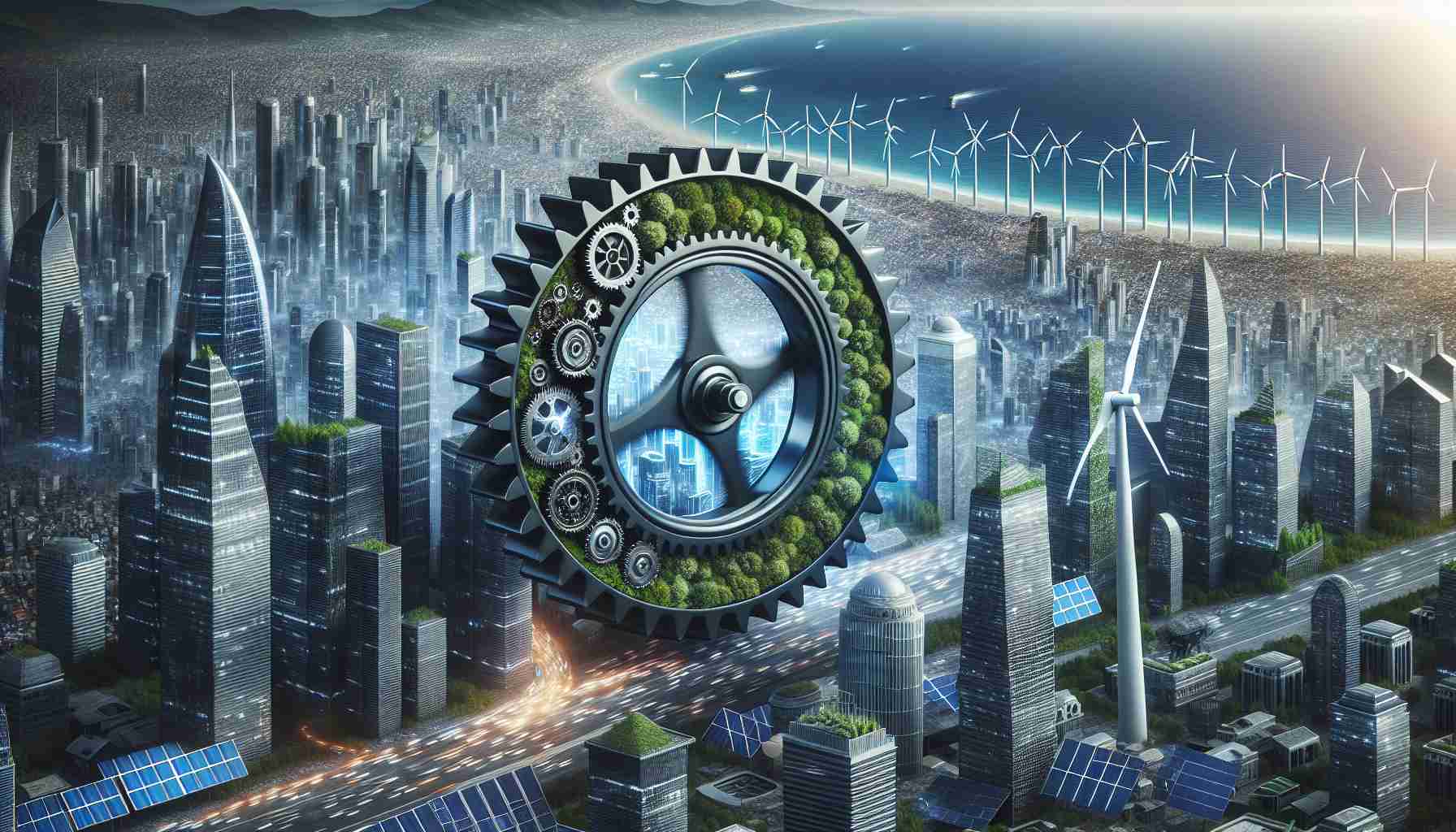- Proton Power Systems offer a promising solution for sustainable energy by utilizing positively charged protons for power generation.
- This technology provides efficient and clean energy with minimal environmental impact, using novel membrane technologies.
- Proton power is adaptable across scales, from small devices to large power plants, with a reduced footprint suited for urban areas.
- The potential scalability and low emissions make it a viable alternative to traditional energy sources.
- Continuous research and development aim to integrate proton power into existing infrastructures, potentially shaping the future energy landscape.
In a world increasingly driven by the quest for sustainable energy, Proton Power Systems are emerging as a promising new frontier. As technologies evolve, the push for renewable energy solutions has never been more pressing, and proton power is quickly surfacing as an innovative option. But what makes proton power so special?
At the heart of this emerging technology lies the ability to harness energy from protons—subatomic particles found in the nucleus of an atom. Unlike traditional hydrogen fuel cells that employ negatively charged electrons, proton power leverages the positively charged protons, providing an efficient and clean energy source. Utilizing novel membrane technologies, these systems separate protons from hydrogen molecules, driving power-generation processes with minimal environmental impact.
One of the most exciting advantages of proton power systems is their potential scalability and adaptability. From small electronic devices to large-scale power plants, these systems could revolutionize how we generate and use electricity. Furthermore, the reduced footprint and low emission levels make them a viable alternative in urban environments where space and pollution are significant concerns.
While still in its nascency, the advancement of proton power systems could redefine the global energy landscape. As research and development continue to accelerate, the potential for this technology to integrate effectively into existing infrastructure could make it a cornerstone of the future energy economy. Can protons truly power a greener future? Only time will tell, but the prospects are undeniably exciting.
Is Proton Power the Future of Clean Energy?
### How Does Proton Power Compare to Other Renewable Energy Sources?
Proton power systems are often compared to hydrogen fuel cells, solar, and wind energy technologies. Unlike hydrogen fuel cells that utilize electrons, proton power capitalizes on protons for energy extraction, potentially providing higher efficiency. Solar and wind energies depend on environmental conditions, while proton power could offer consistent output irrespective of weather. The compact design of proton systems also suits urban settings, offering a distinct advantage over solar panels and wind turbines, which require significant space.
### What are the Main Challenges in Implementing Proton Power Systems?
Despite their potential, proton power systems face several hurdles before widespread adoption. First, the cost of development and deployment remains high. Although the technology is evolving, the initial investment might deter some stakeholders. There’s also the challenge of material sustainability and the need for durable, efficient membranes to separate protons—a crucial component. Lastly, infrastructure adaptation is necessary to integrate these systems into existing power grids efficiently.
### What Innovations are Driving Proton Power Forward?
Recent advancements in material science have paved the way for proton power innovations, particularly regarding efficient and sustainable membranes. Research is also focused on enhancing the lifecycle and performance of proton-based systems while reducing costs. Additionally, collaborations between academic institutions and energy companies are accelerating the technology’s development, potentially leading to faster market entry and commercial application.
For more information on renewable energy advancements, visit Energy.gov.
Overall, while proton power systems hold immense promise, they are not without challenges. Continued research, development, and collaboration will be key to overcoming these hurdles, positioning proton power as a potential leader in the future energy landscape.
